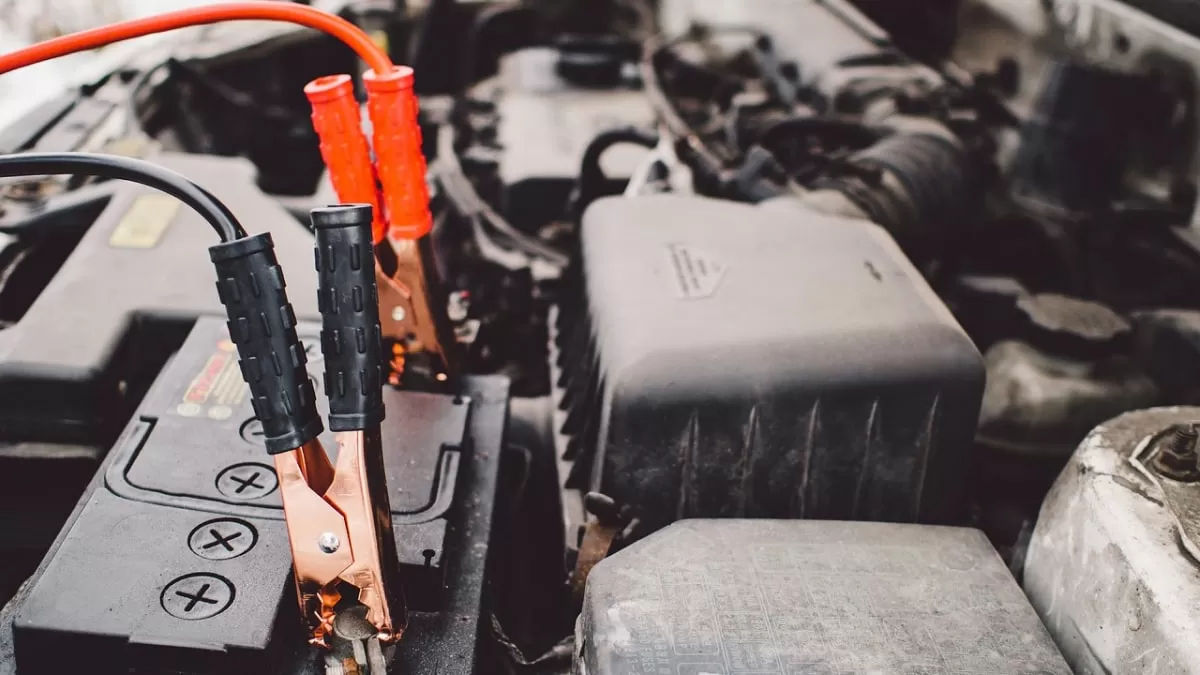Researchers from the University of Colorado Boulder have made a groundbreaking discovery that could revolutionize the world of energy storage. In a recent study, they have identified hydrogen molecules as a key factor in the degradation of lithium-ion batteries. This finding has the potential to significantly improve the lifespan of batteries, leading to longer-lasting and more efficient energy storage solutions.
Lithium-ion batteries are widely used in various applications, including electric vehicles and renewable energy storage systems. However, one of the major challenges with these batteries is their limited lifespan. Over time, they tend to lose their capacity to hold a charge, reducing their overall performance. This is known as battery degradation, and it has been a major roadblock in the widespread adoption of electric vehicles and renewable energy sources.
The team of researchers at the University of Colorado Boulder, led by Professor Se-Hee Lee, set out to investigate the root cause of battery degradation. They focused on the role of hydrogen molecules, which are known to be present in the electrolyte of lithium-ion batteries. The electrolyte is the liquid that allows the flow of ions between the positive and negative electrodes, enabling the battery to generate electricity.
Through their experiments, the researchers found that the presence of hydrogen molecules in the electrolyte leads to the formation of a layer of lithium hydride on the surface of the negative electrode. This layer acts as a barrier, preventing the flow of lithium ions and reducing the battery’s performance. This process, known as self-discharge, is a major contributor to battery degradation.
But the team did not stop there. They also discovered that by reducing the amount of hydrogen molecules in the electrolyte, they could significantly improve the battery’s performance and lifespan. This breakthrough could pave the way for the development of longer-lasting batteries, which would have a profound impact on the electric vehicle and renewable energy industries.
The implications of this discovery are far-reaching. Electric vehicles, which are becoming increasingly popular as a sustainable mode of transportation, would greatly benefit from longer-lasting batteries. With the average lifespan of a lithium-ion battery currently estimated at 8-10 years, this breakthrough could potentially double or even triple the lifespan of batteries, making electric vehicles a more viable option for consumers.
Moreover, this discovery could also have a significant impact on the renewable energy sector. As the world moves towards cleaner and more sustainable sources of energy, the need for efficient energy storage solutions becomes crucial. With longer-lasting batteries, renewable energy sources such as solar and wind power could be harnessed more effectively, reducing our reliance on fossil fuels.
The team at the University of Colorado Boulder is now working on developing a new electrolyte with reduced hydrogen content, which could potentially lead to the commercialization of longer-lasting batteries in the near future. This would not only benefit the electric vehicle and renewable energy industries but also have a positive impact on the environment by reducing carbon emissions.
This groundbreaking discovery is a testament to the power of research and innovation. It has the potential to transform the way we use and store energy, paving the way for a more sustainable future. The team at the University of Colorado Boulder has not only identified a key factor in battery degradation but also provided a solution to address it. This is a significant step towards achieving a cleaner and greener world.
The implications of this discovery go beyond just the development of longer-lasting batteries. It also highlights the importance of addressing issues like self-discharge and reducing reliance on fossil fuels. As we continue to face the challenges of climate change, it is crucial to invest in research and development to find sustainable solutions. This discovery is a shining example of how science and technology can play a crucial role in shaping a better future for all.
In conclusion, the researchers from the University of Colorado Boulder have made a groundbreaking discovery that could have a profound impact on the world of energy storage. By identifying hydrogen molecules as a key factor in battery degradation and providing a solution to address it, they have opened the door to longer-lasting batteries, which would enhance the driving range of electric vehicles and improve renewable energy storage. This discovery is a significant step towards a cleaner and more sustainable future, and it is a testament to the power of research and innovation.

